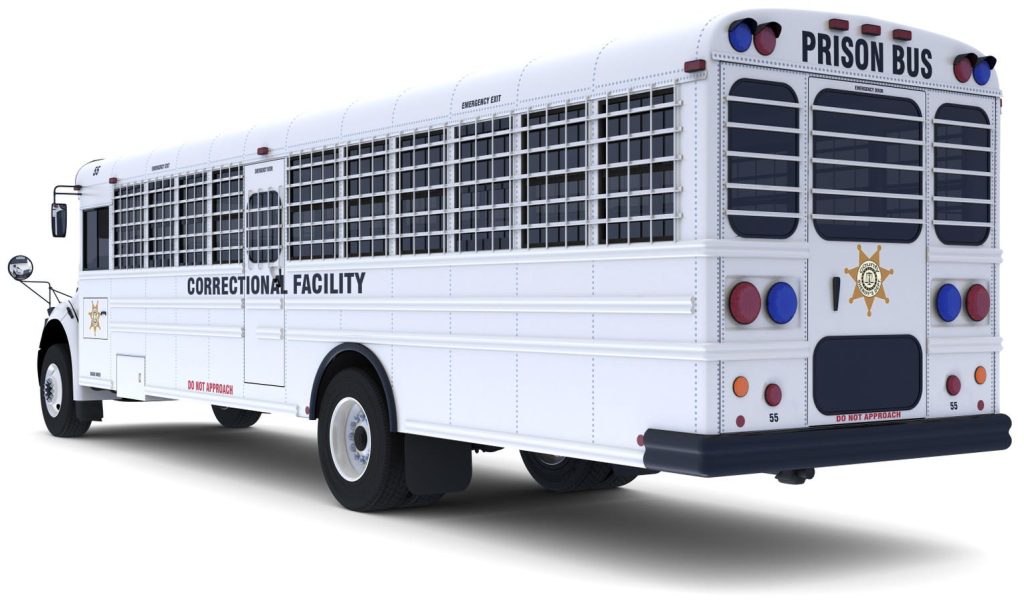In recent years, the implementation of the First Step Act (FSA) has raised questions regarding when eligible prisoners can begin earning credits towards reducing their sentence. The federal Bureau of Prisons (BOP) has established that prisoners can start earning these credits once they are at their designated facility. This has caused some controversy, particularly for those who are remanded at the time of sentencing and face delays in reaching their final destination. Many believe that credits should start the day they are sentenced, officially beginning their prison term, but the BOP’s current policy requires prisoners to be at their designated facility before earning credits.
Under the FSA law, a prisoner’s PATTERN score is assessed once they are at their designated facility to determine their risk for recidivism and violence. To be eligible for a reduction in sentence, a prisoner’s PATTERN score must be minimum or low. Eligible prisoners can earn 10 days of FSA Earned Time Credits for every 30 days of programming, with the possibility of earning up to 15 days of credits after the second PATTERN score, usually 6 months after entering prison. These credits can significantly reduce a prisoner’s sentence and impact when they will be released back into the community.
Some prisoners have challenged the BOP’s policy of only awarding FSA credits once a prisoner arrives at their designated institution. Cases have made their way to federal court, with judges sometimes ruling in favor of the prisoners and awarding them the credits they believe should have been earned during the transfer process. While some victories have been won, the BOP has not made it part of their policy statement to award credits to all prisoners in similar situations.
One such case involved Austen Yufenyuy, who successfully challenged the BOP’s rule regarding FSA credits and was ultimately released from custody after a judge ordered the credits to be awarded during his time in transit to his designated institution. Other prisoners have followed suit, filing lawsuits in various district courts across the country to challenge the BOP’s policy and seek the credits they believe they deserve.
Recently, a case in the federal District of Massachusetts resulted in a decision in favor of the prisoner, Vitaly Borker, who argued that he should have received FSA credits from the time he was sentenced until he arrived at his designated facility. The judge ruled that the BOP’s regulation preventing Borker from earning credits during this period was in violation of the FSA and ordered the credits to be awarded. This decision could potentially impact thousands of federal prisoners and save millions of dollars in costs, representing a significant victory for prisoners seeking to earn credits towards reducing their sentences.
The BOP may challenge these rulings, potentially leading to cases reaching the Supreme Court for final resolution. However, many argue that the BOP should consider making a policy change to allow prisoners to officially begin earning FSA credits from the date they are sentenced, rather than waiting until they reach their designated institution. This would provide more transparency and consistency in awarding credits and ensure that all eligible prisoners have the opportunity to benefit from the FSA as intended by Congress.


